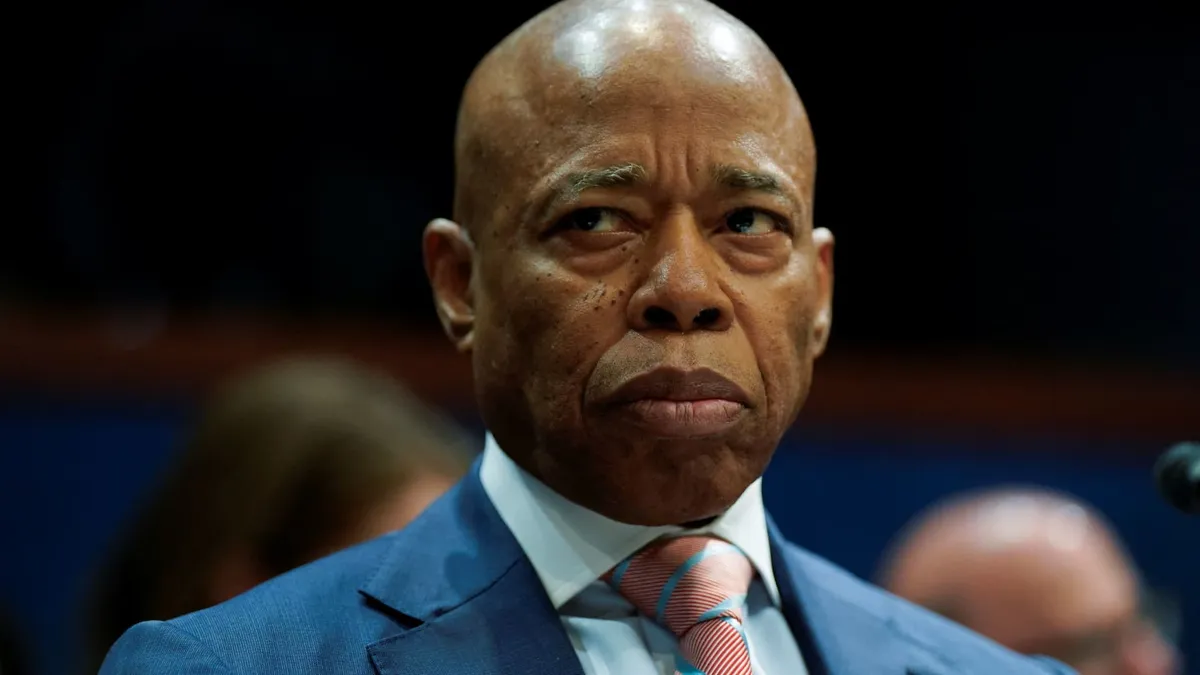
On Friday, New York City Mayor Eric Adams firmly announced that he will not withdraw from the competitive mayoral race, despite a report from The New York Times suggesting that advisors to former President Donald Trump were exploring a strategy to nominate Adams as the U.S. ambassador to Saudi Arabia. This maneuver was purportedly aimed at persuading him to exit his campaign for reelection.
According to reports, Trump’s team is looking to have two candidates drop out of the race to streamline the competition against the Democratic nominee, Zohran Mamdani, who is currently seen as the frontrunner. In a direct response to these developments, Adams stated, "I'm running for reelection. I'm going to beat Mamdani," demonstrating his determination to continue his candidacy.
Following his declaration, Mayor Adams walked away from reporters without addressing further questions, leaving many to wonder about the implications of his decision on the upcoming election.
If Mayor Adams were to abandon his long-shot bid for reelection as New York's mayor, it could potentially enhance the prospects of independent candidate Andrew Cuomo, the former governor of New York. In a statement shortly after Adams' comments, Trump acknowledged that Cuomo could have a viable chance to win if the race became a one-on-one contest. "If it's not one-on-one, it's going to be a hard race," Trump noted, highlighting the complexities of a multi-candidate race.
Trump did not hold back in his criticism of the current administration, labeling the incumbent mayor as a "communist" and expressing his views on the challenges faced by the Republican candidates in New York City. His remarks underscore the contentious atmosphere of the upcoming elections as various candidates vie for position.
As the race progresses, all eyes will be on Mayor Adams and his strategy to not only retain his position but also navigate the shifting political landscape in New York City.